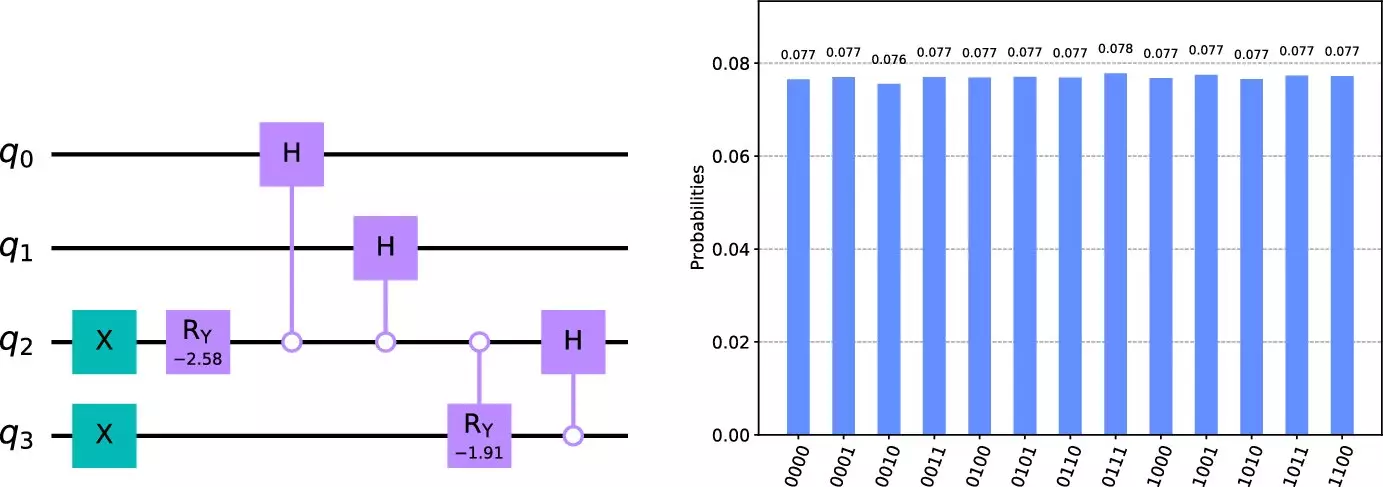The Shukla-Vedula algorithm, developed by Prakash Vedula, Ph.D., a professor at the University of Oklahoma School of Aerospace and Mechanical Engineering, is making waves in the world of quantum computing. This algorithm, known for its exponential improvement over previous methods, focuses on creating uniform quantum superposition states – a crucial aspect of quantum computing. Published in Quantum Information Processing, this breakthrough has practical applications in quantum search, optimization, solution of differential equations, signal processing, cryptography, finance, and artificial intelligence.
Major computing companies like Google and IBM have integrated the Shukla-Vedula algorithm into their advanced computing software. Google’s Cirq and IBM’s Qiskit platforms now feature this groundbreaking algorithm, showcasing its significance. These platforms are widely used in both industry and academia, highlighting the impact that this algorithm is already having on the field of quantum computing.
The adoption of the Shukla-Vedula algorithm goes beyond just the tech industry. Goldman Sachs, a leading financial institution, has already started using this algorithm to analyze financial risks in financial derivatives. This real-world application demonstrates the versatility and potential impact of this algorithm across various fields and industries.
Professor Vedula, the mind behind this revolutionary algorithm, is optimistic about its future impact on quantum computing. He believes that this innovation will lead to significant improvements and advancements in quantum computing applications. The exponential improvement demonstrated by this algorithm without the need for additional resources is truly remarkable and sets a new standard in the field.
As the Shukla-Vedula algorithm gains traction and continues to be implemented in various software platforms, the future of quantum computing looks brighter than ever. The excitement and potential for growth in this field are palpable, and researchers like Professor Vedula are paving the way for a new era of quantum technology. The details of how this algorithm is implemented and its associated user interface can be found in the software documentation of platforms like Cirq and Qiskit.


Leave a Reply